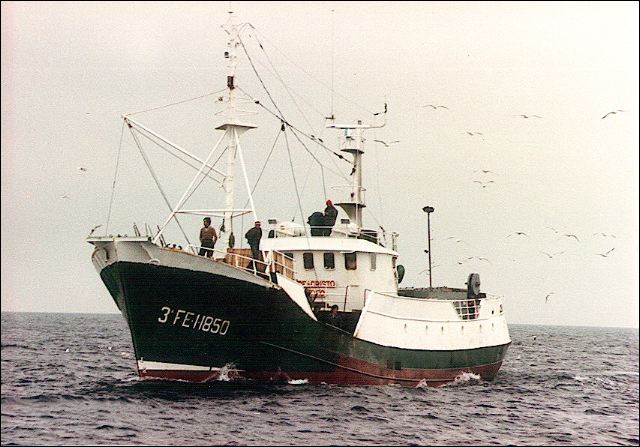There are numerous variations on the classic shellfish sauce recipe - Lobster Thermidor being the most well known, crab makes a cracking substitute and is preferred by many.....
Making up the thermidor sauce....with no sherry in the house, Chinese Xhaosing wine makes an excellent substitute - a store cupboard must......take some freshly picked crab - minus the claws that found their way into the Mexican chilli cocktail......
clean, then heat the shells in the oven and spoon about one third of the sauce........
before adding the crab covered sauce complete with a dustin of parmesan cheese.......
and slip under the grill - very rich and an ideal summer starter - best served with sautéd potatoes and some crunchy green veg like mange tout......
head on over to M&R Crab at Stable Hobba or give the guys a ring on 01736 351485.

























































